Introduction
Doberman Pinscher are known for their loyalty, intelligence, and sleek appearance.
- However, like all breeds, they are prone to certain health issues
- Knowing and preventing these issues helps ensure your Doberman’s long, healthy life
- This guide details Doberman health issues and provides prevention and treatment tips
- Let's get started!
1. Dilated Cardiomyopathy (DCM)
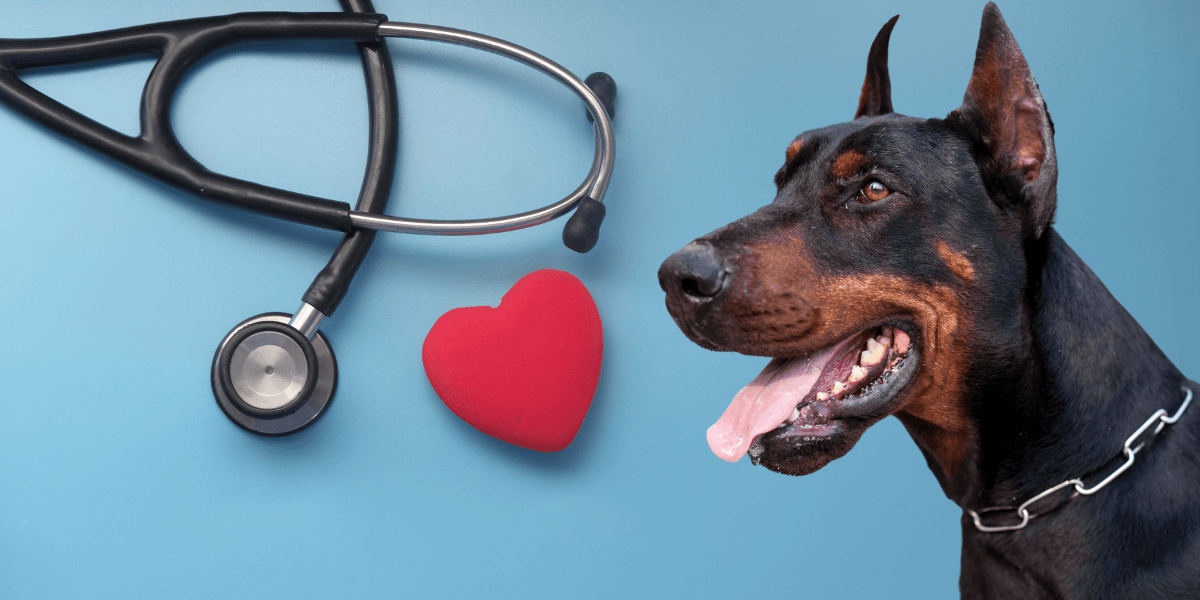
It enlarges the heart, impacting many large breeds like Dobermans.
-
Symptoms: Shortness of breath, coughing, lethargy, fainting
-
Prevention: Regular veterinary check-ups, heart health supplements
-
Treatment: Medications to improve heart function, diet, and regular exercise
2. Hip Dysplasia
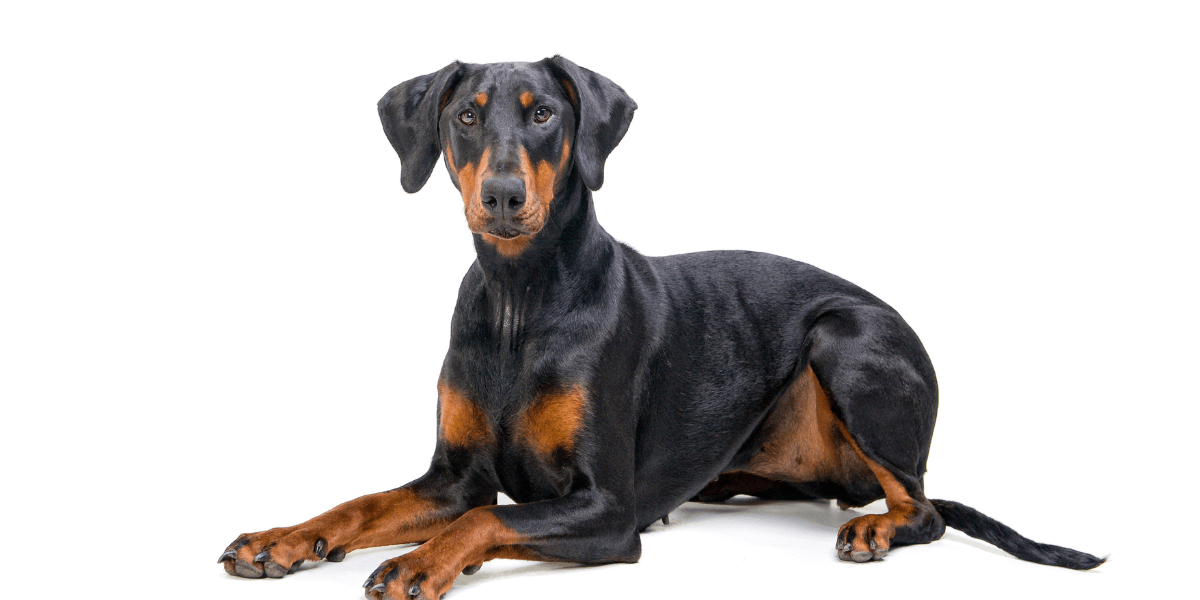
Hip dysplasia is a genetic condition where the hip joint misaligns, causing arthritis and pain.
-
Symptoms: Difficulty rising, limping, reluctance to run or jump
-
Prevention: Maintain a healthy weight, provide joint supplements, and avoid strenuous exercise
-
Treatment: Anti-inflammatory medications, physical therapy, and surgery
3. Von Willebrand’s Disease
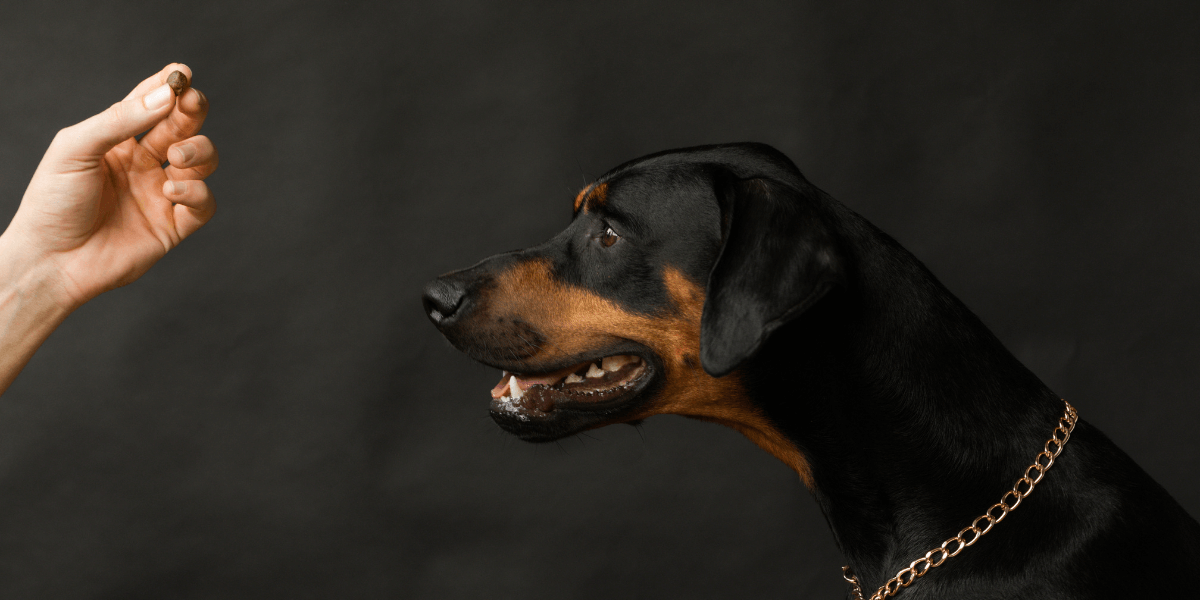
It is a genetic bleeding caused by a deficiency in the protein for blood clotting.
-
Symptoms: Prolonged bleeding after injury or surgery, nosebleeds, blood in urine or stool
-
Prevention: Genetic testing before breeding, and regular health screenings
-
Treatment: Desmopressin injections, and blood transfusions in severe cases
4. Hypothyroidism
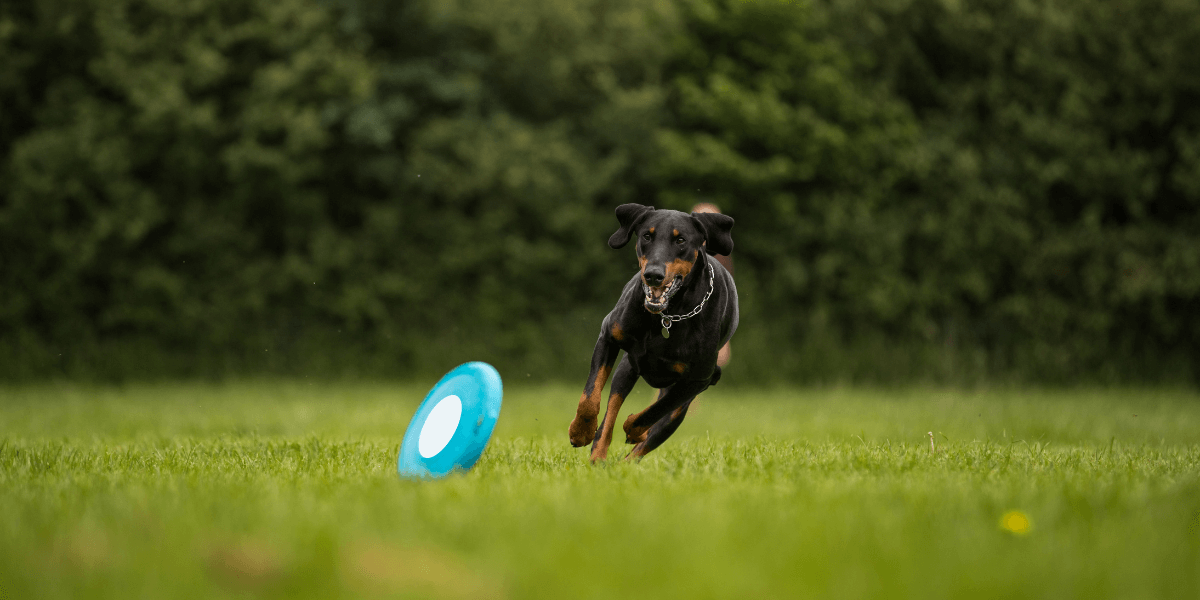
Hypothyroidism occurs when the thyroid gland doesn't produce enough hormones.
-
Symptoms: Weight gain, hair loss, lethargy, skin infections
-
Prevention: Regular veterinary check-ups, and thyroid function tests
-
Treatment: Daily thyroid hormone replacement medication, and regular monitoring
Understanding Great Danes Health Issues can provide insights into managing hypothyroidism in Dobermans.
5. Gastric Dilatation-Volvulus (Bloat)
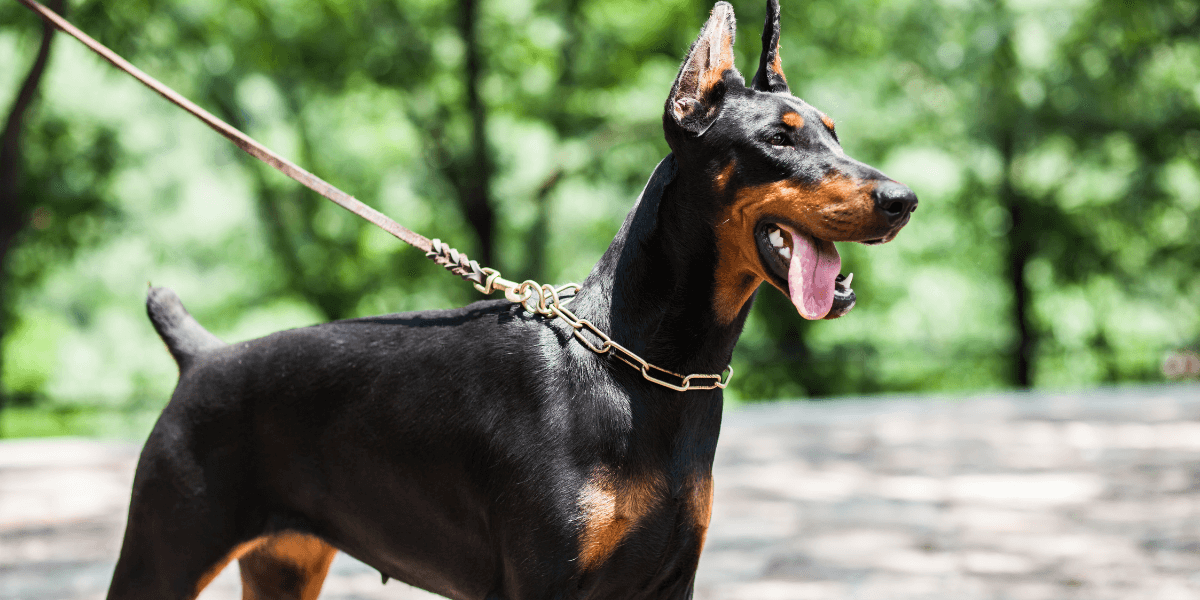
It is commonly known as bloat, is where the stomach twists and prevents blood flow.
-
Symptoms: Swollen abdomen, retching without vomiting, and restlessness
-
Prevention: Feed multiple small meals a day, avoid vigorous exercise after eating
-
Treatment: Immediate veterinary attention, and surgery to correct the stomach position
Discover the causes and prevention of bloat in Dobermans with this detailed guide.
6. Wobbler Syndrome
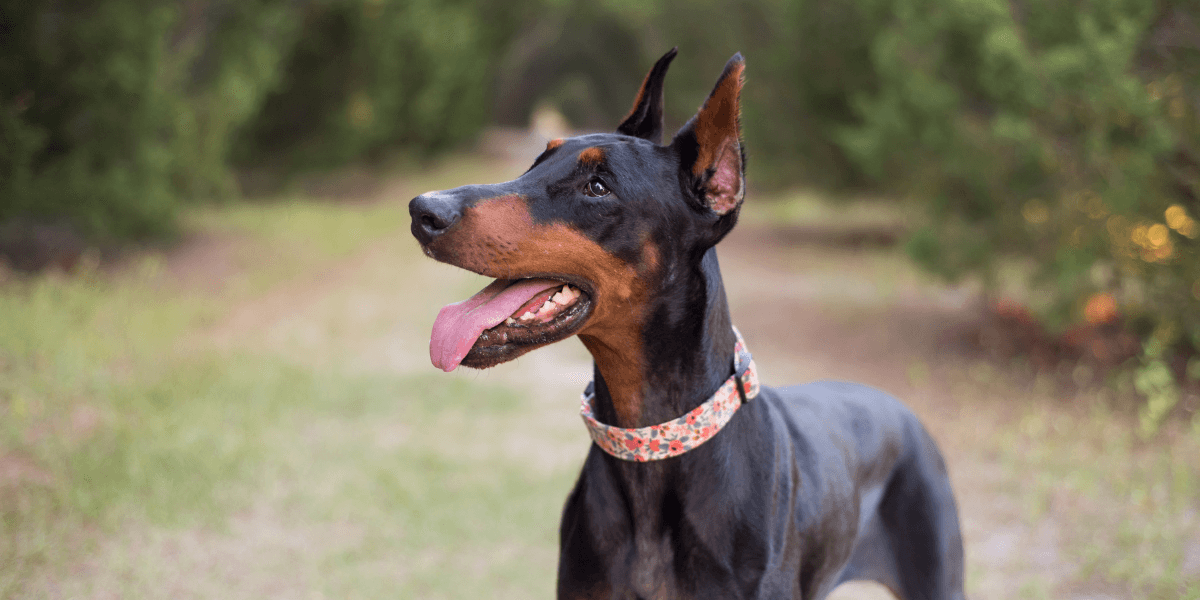
It is a neurological condition caused by compression of the spinal cord in the neck.
-
Symptoms: Unsteady gait, neck pain, weakness in the legs
-
Prevention: Avoiding trauma to the neck and maintaining a healthy weight
-
Treatment: Anti-inflammatory medications, physical therapy, and surgery
7. Chronic Active Hepatitis
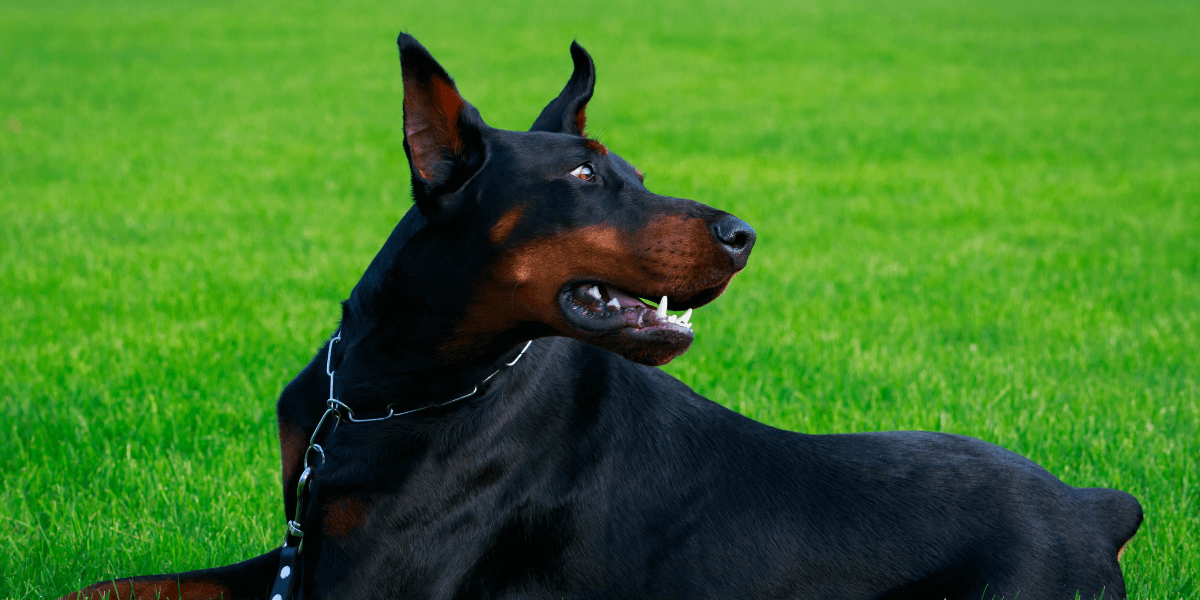
It is a progressive liver disease that can lead to liver failure if untreated.
-
Symptoms: Jaundice, vomiting, diarrhea, weight loss
-
Prevention: Regular liver function tests, avoiding toxins, feeding a balanced diet
-
Treatment: Medications to reduce inflammation and dietary management
Explore the Guide to Great Danes Nutrition for tips on diets that may also support liver health in Dobermans.
FAQs
1. What are common health issues in Dobermans?
- Dobermans may face heart disease, hip dysplasia, and Wobbler syndrome
2. How can I prevent heart disease in my Doberman?
- Regular vet check-ups and a balanced diet help protect heart health
3. What is Wobbler syndrome in Dobermans?
- Wobbler syndrome affects the spine, causing poor coordination and weakness
4. Can hip dysplasia be prevented in Dobermans?
- Proper weight management and joint supplements can reduce hip dysplasia risk
5. How do I know if my Doberman has thyroid issues?
- Look for weight gain, lethargy, and hair loss as signs of thyroid problems
6. Is dilated cardiomyopathy treatable in Dobermans?
- Medication can manage symptoms, but regular vet visits are essential
7. What is the best way to maintain Doberman health?
- Balanced nutrition, exercise, and routine vet care are key to a healthy Doberman
Conclusion
- Stay informed and implement preventive measures to improve your Doberman Pinscher's quality of life
- Regular veterinary check-ups, a balanced diet, and prompt treatment of any health concerns
- Prevention is key to managing your Doberman’s health; explore Hip Dysplasia in Great Danes to protect their joints
- Together, we can keep Dobermans happy and thriving—let’s support each other in raising them well
- Share it with other Doberman owners and leave a comment with your own tips and experiences
References




